Dois
Três
Quatro
Cinco
Seis
Dama
Valete
Rei
Manilha
Ás
Paus
(= ♣)

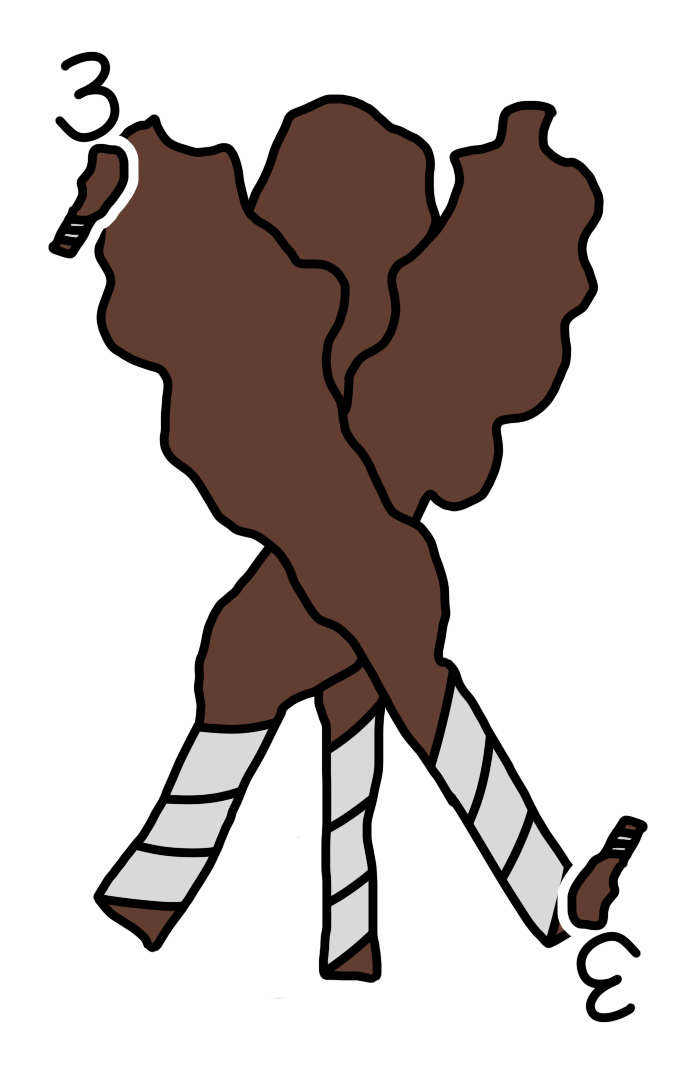
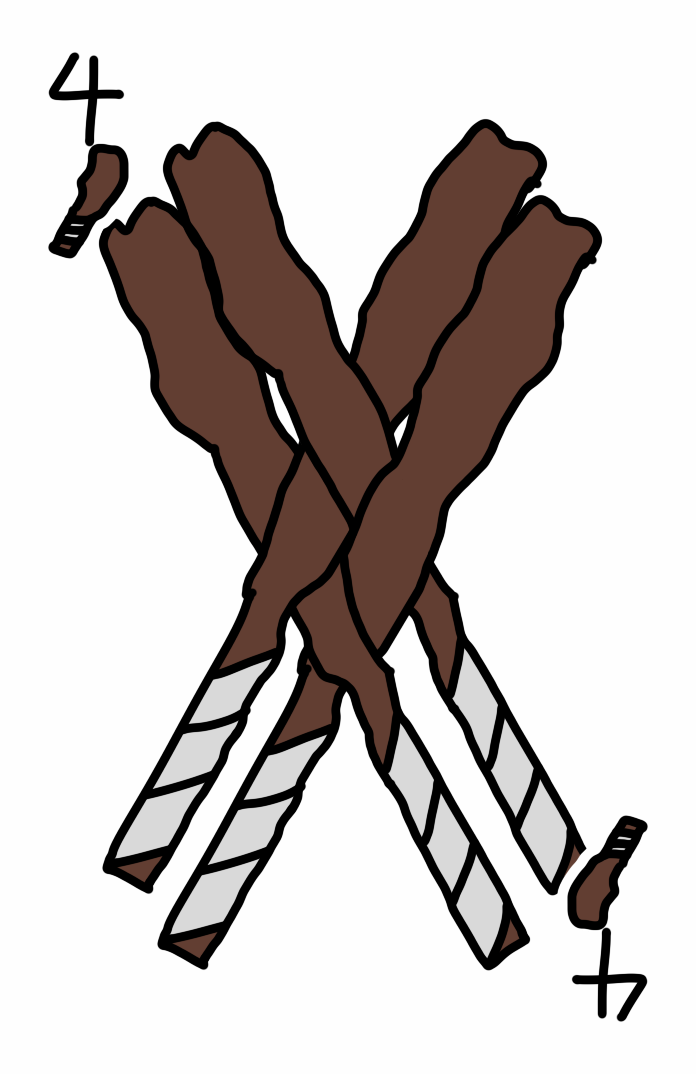

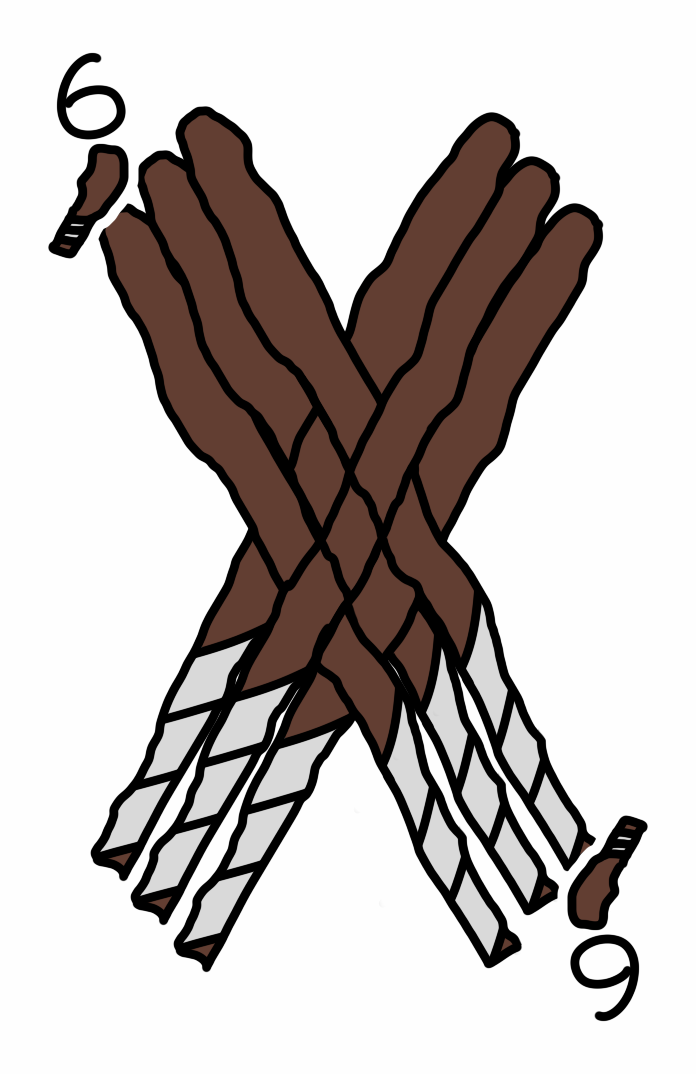



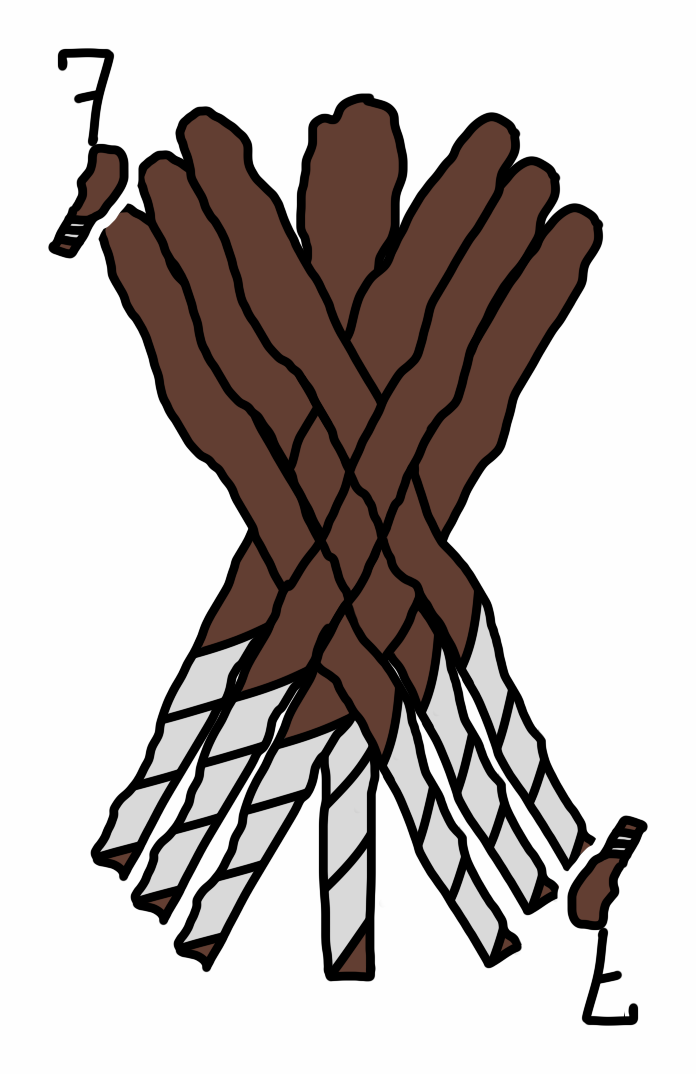

Espadas
(= ♠)

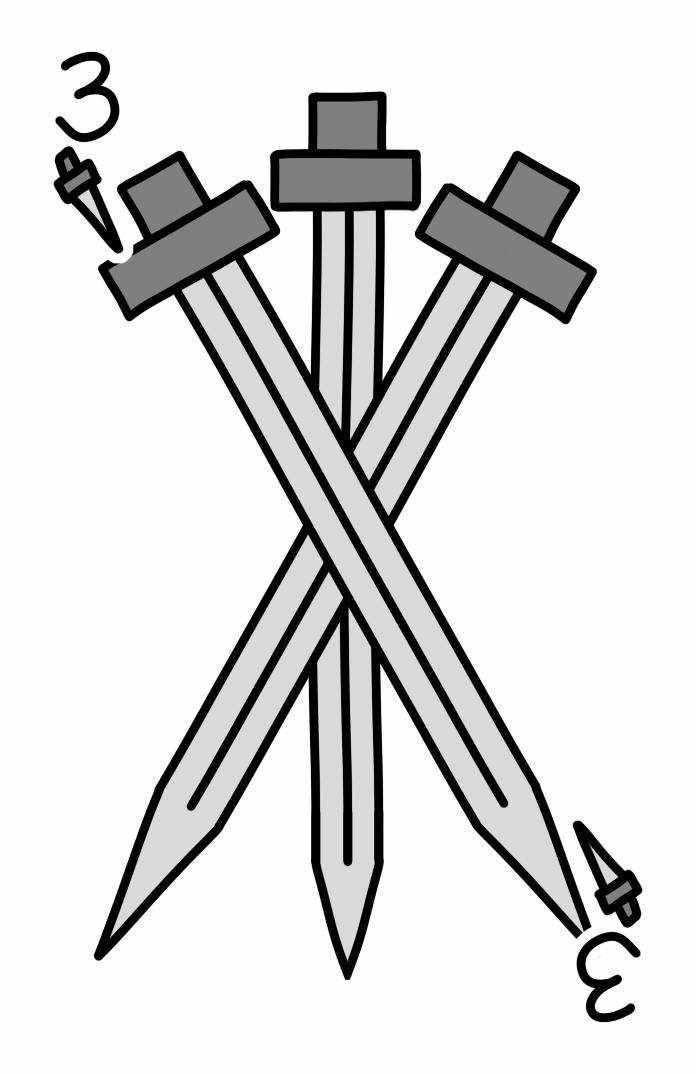
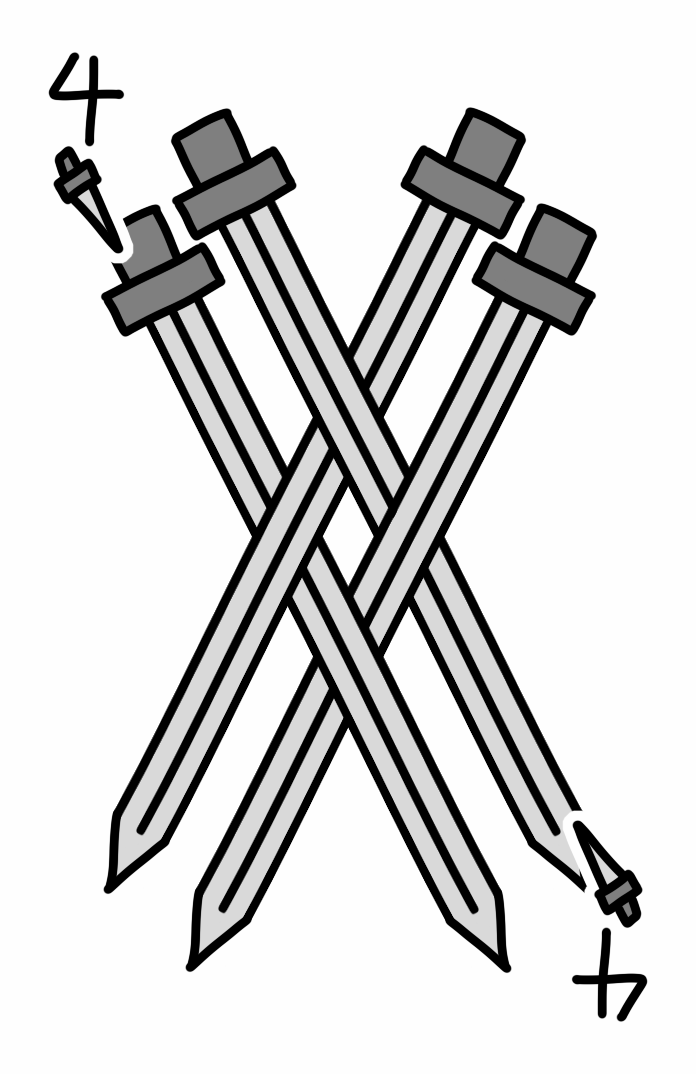
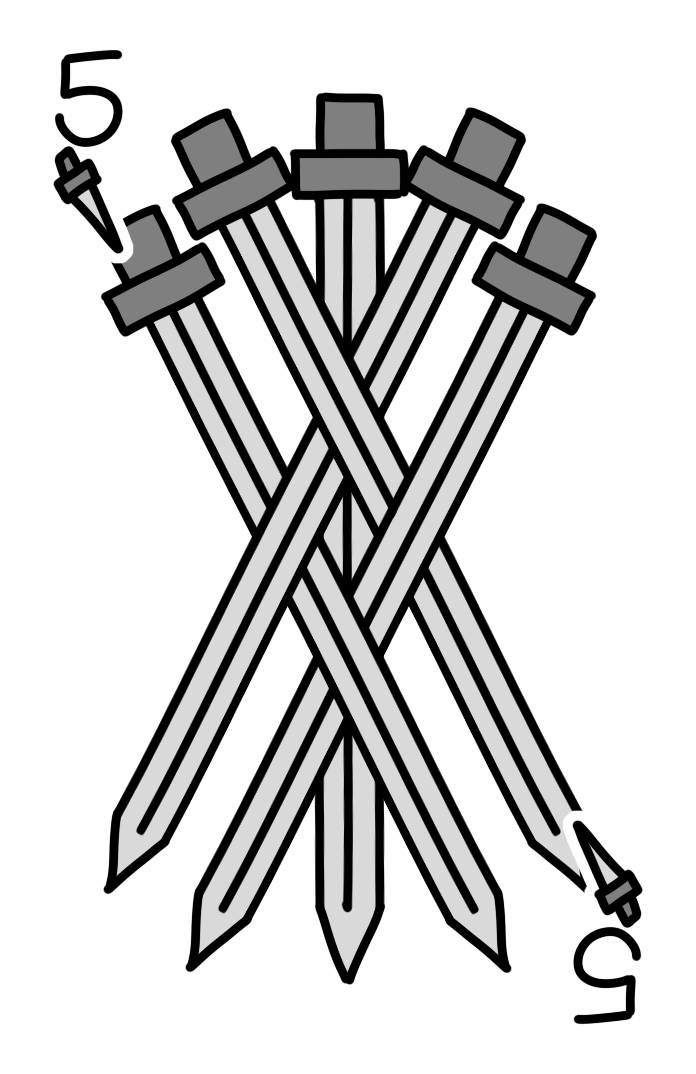
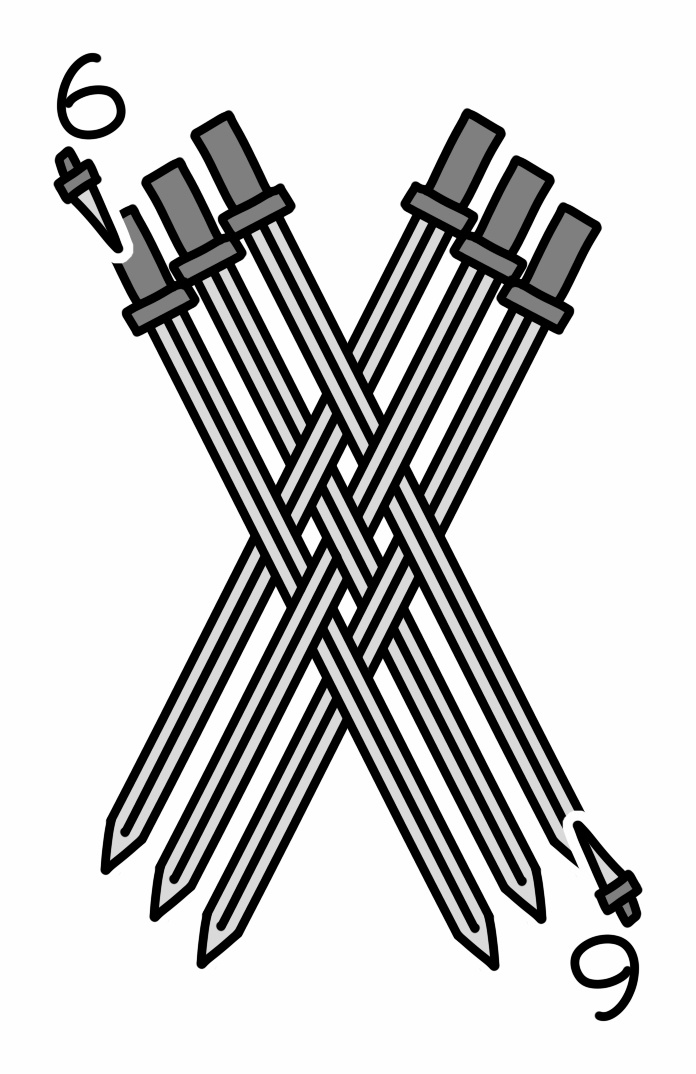



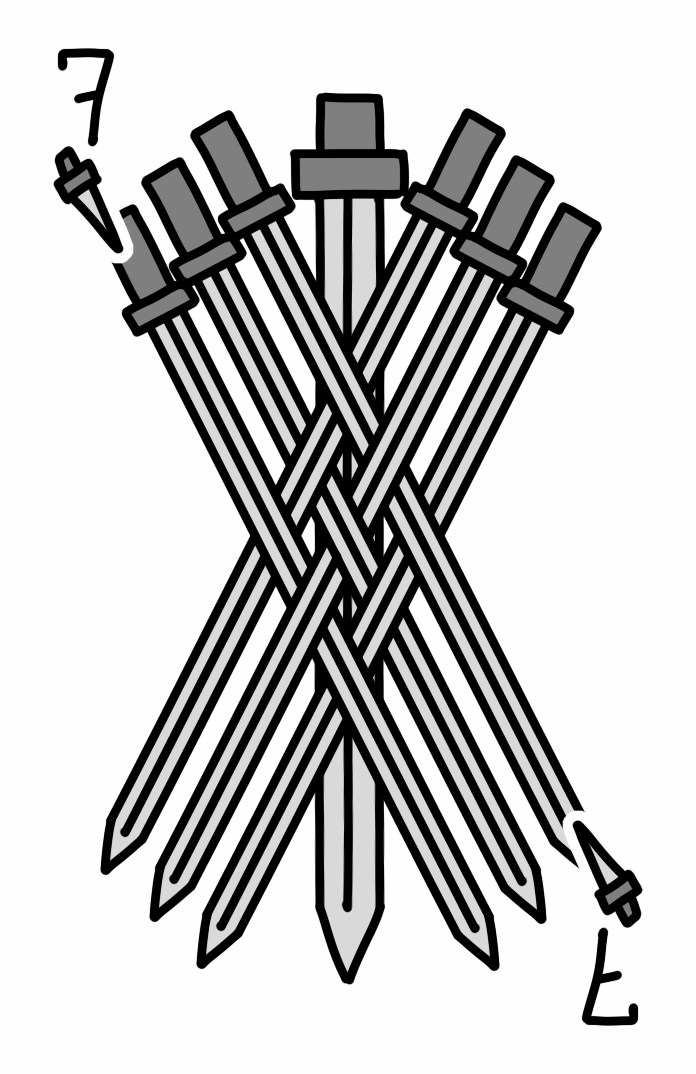

Copas
(=
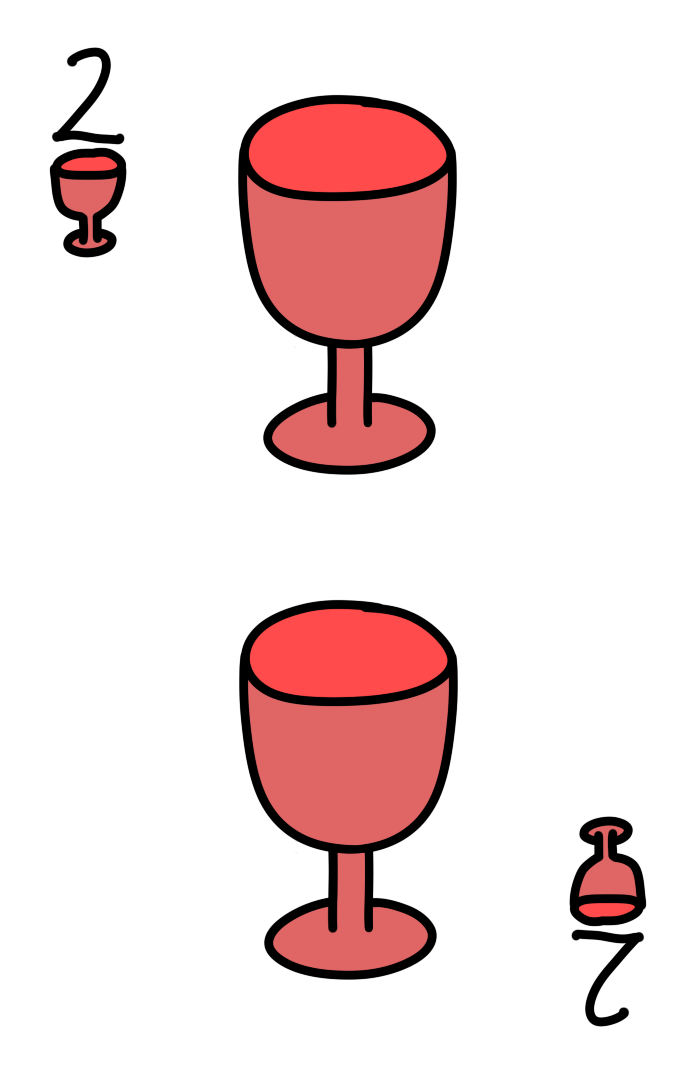
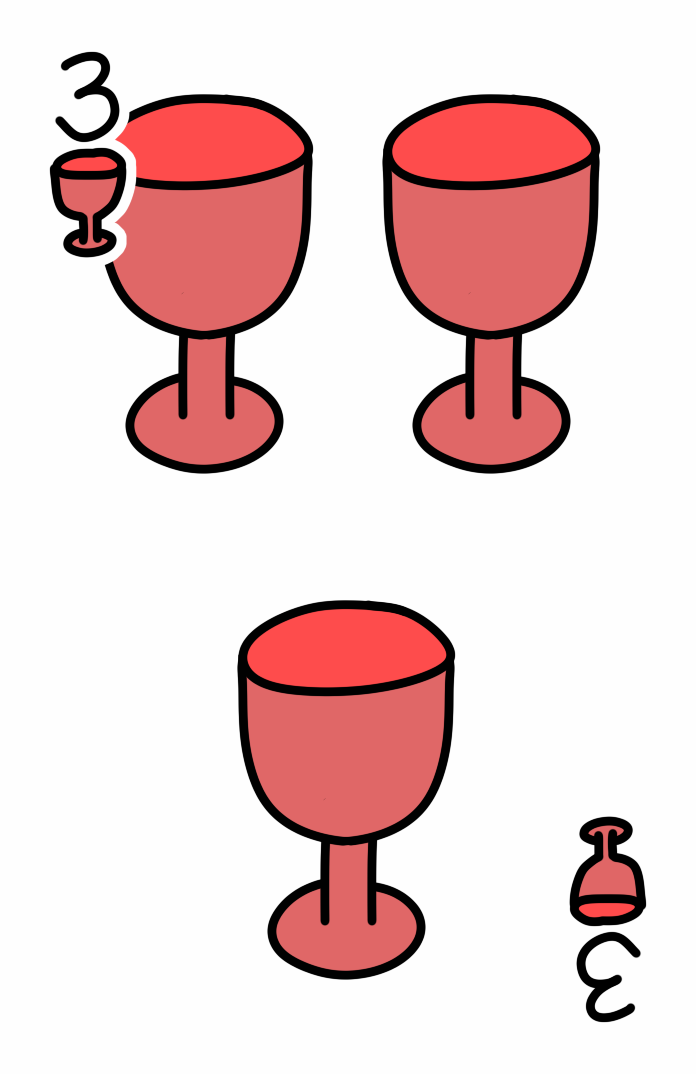
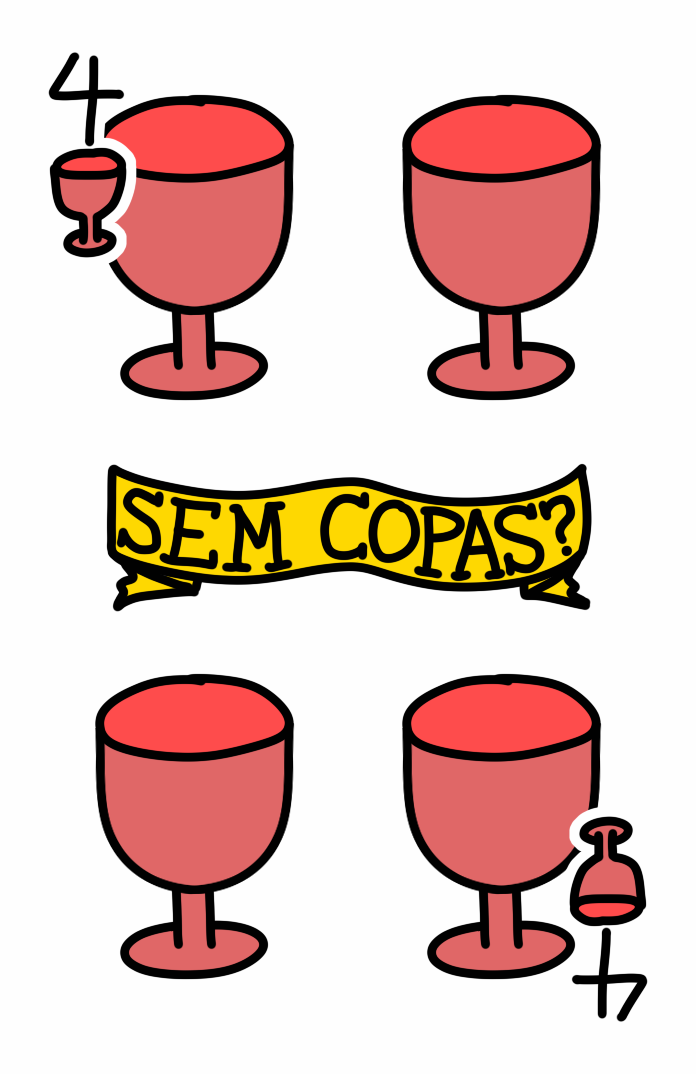
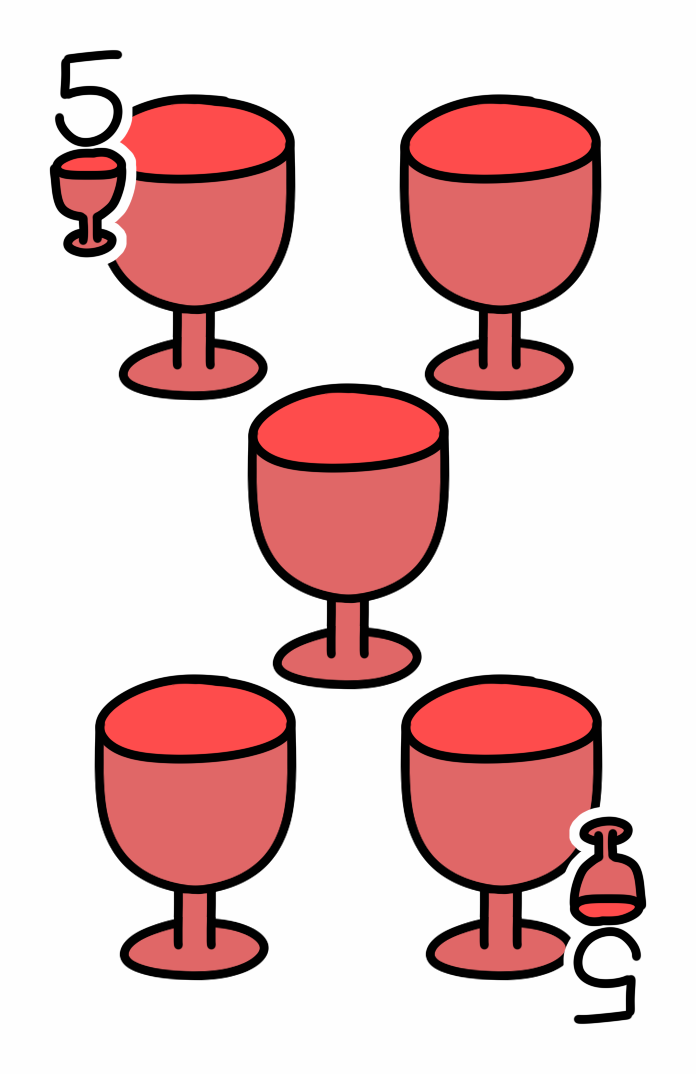
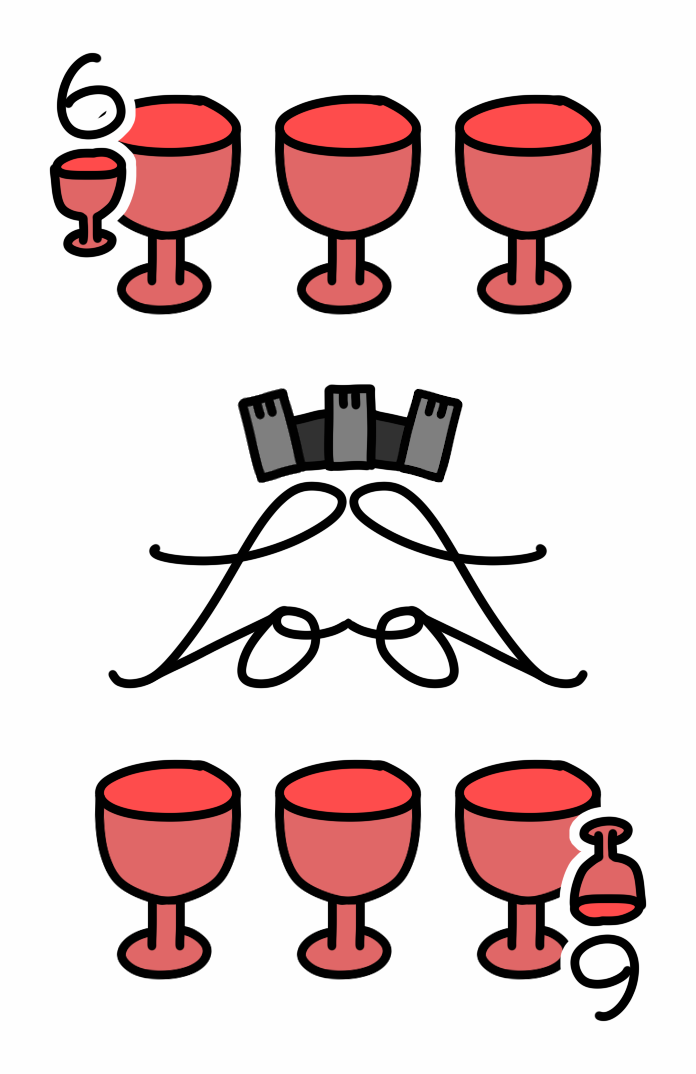



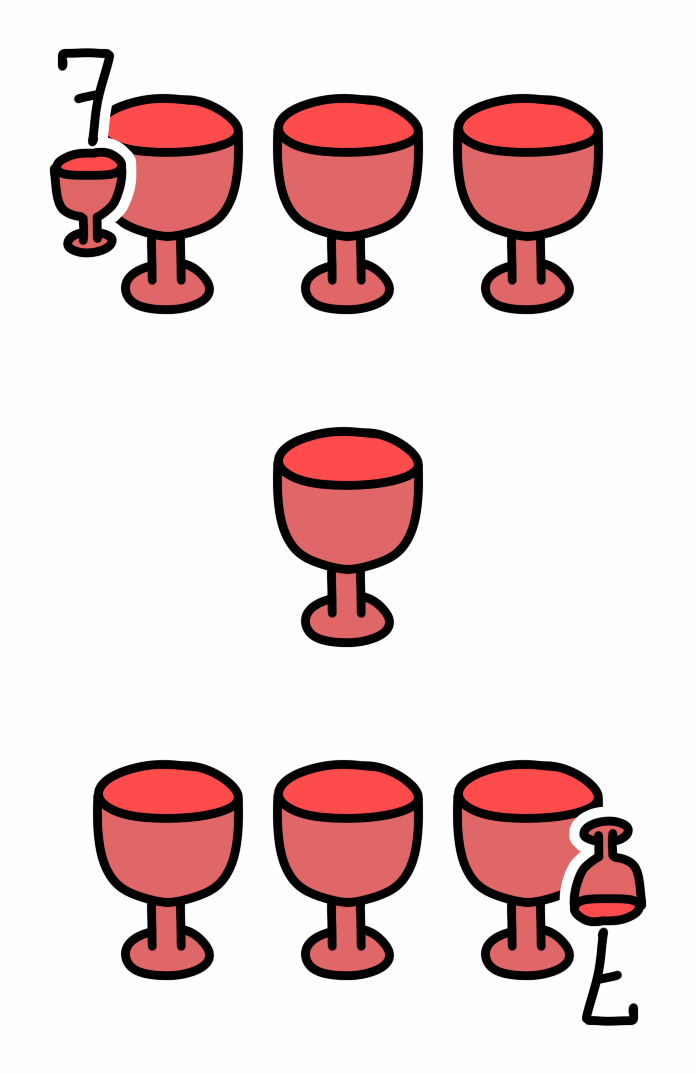

Ouros
(=
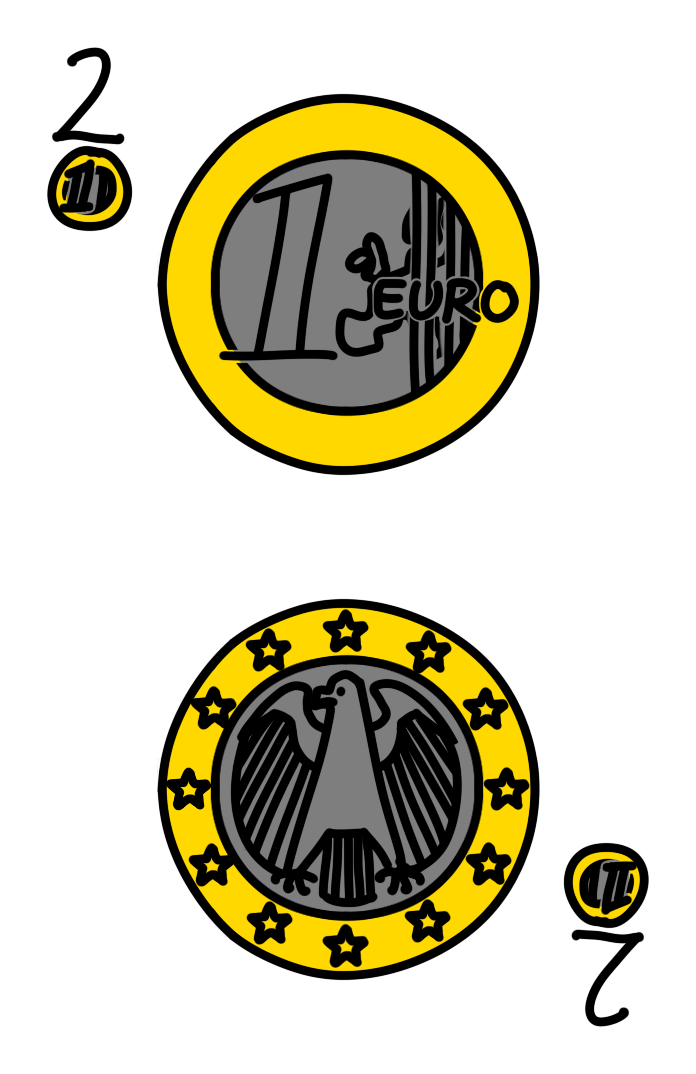
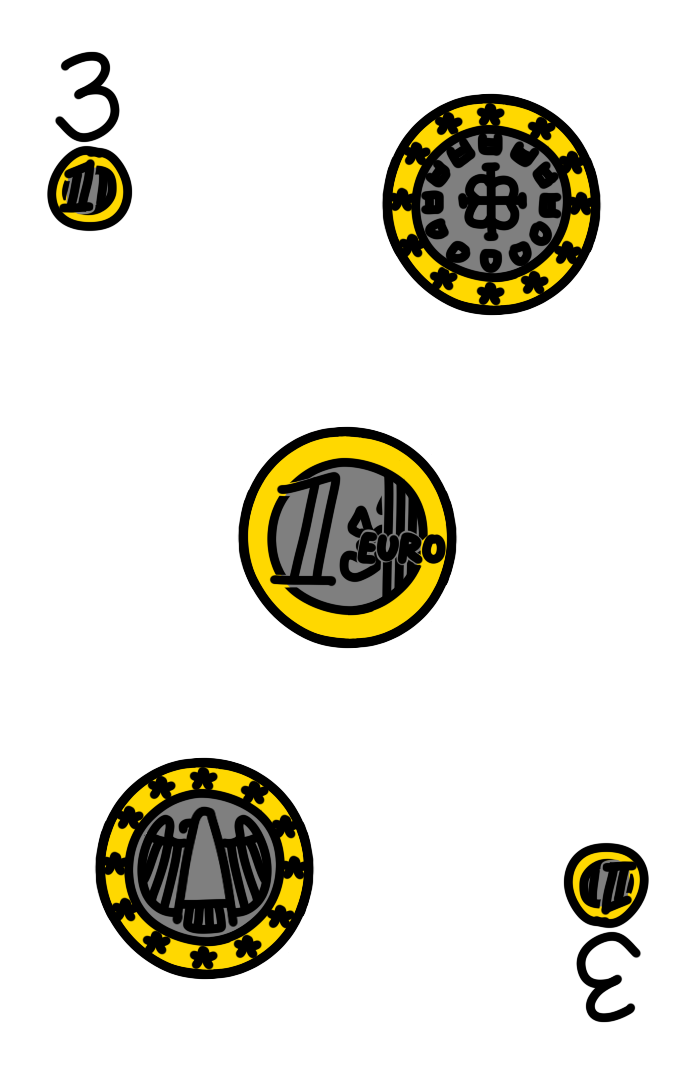
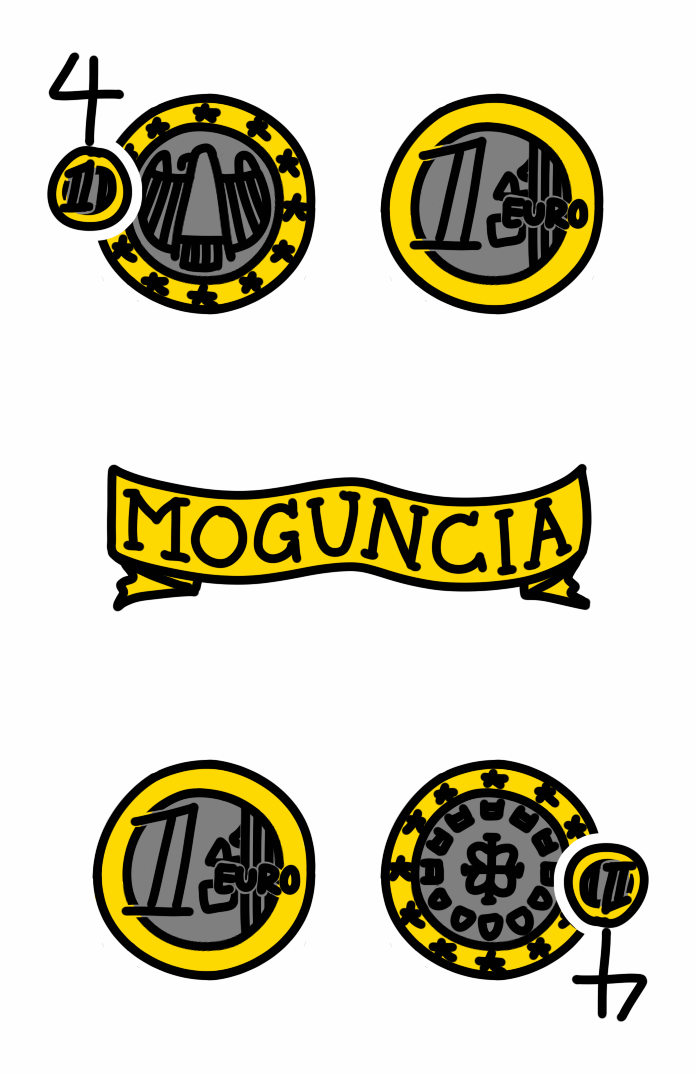
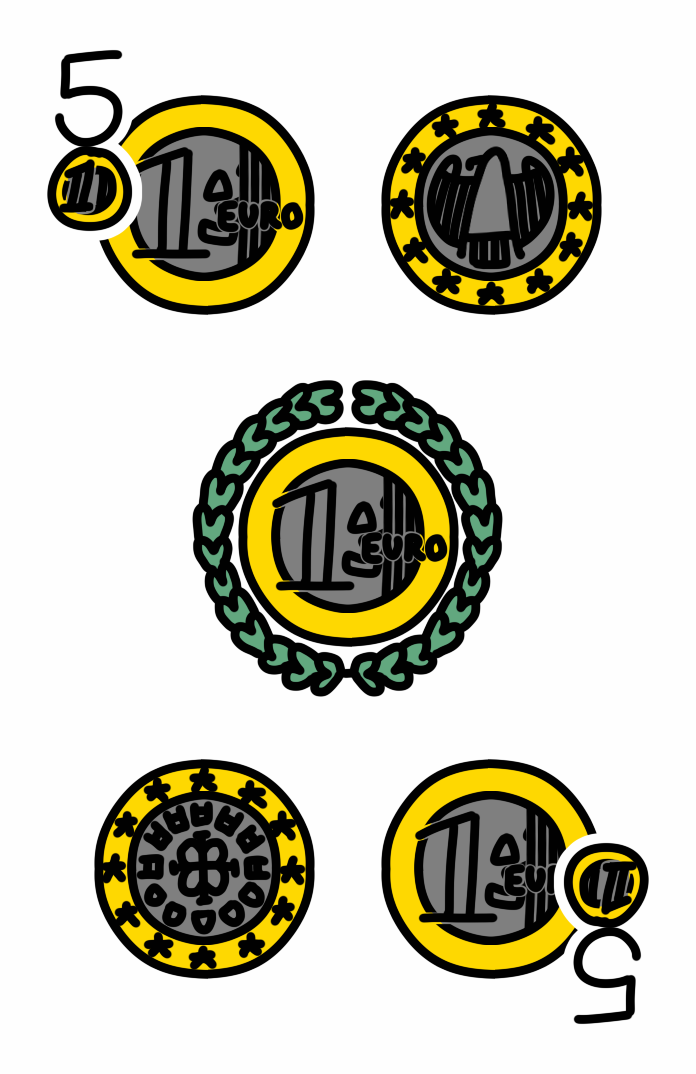
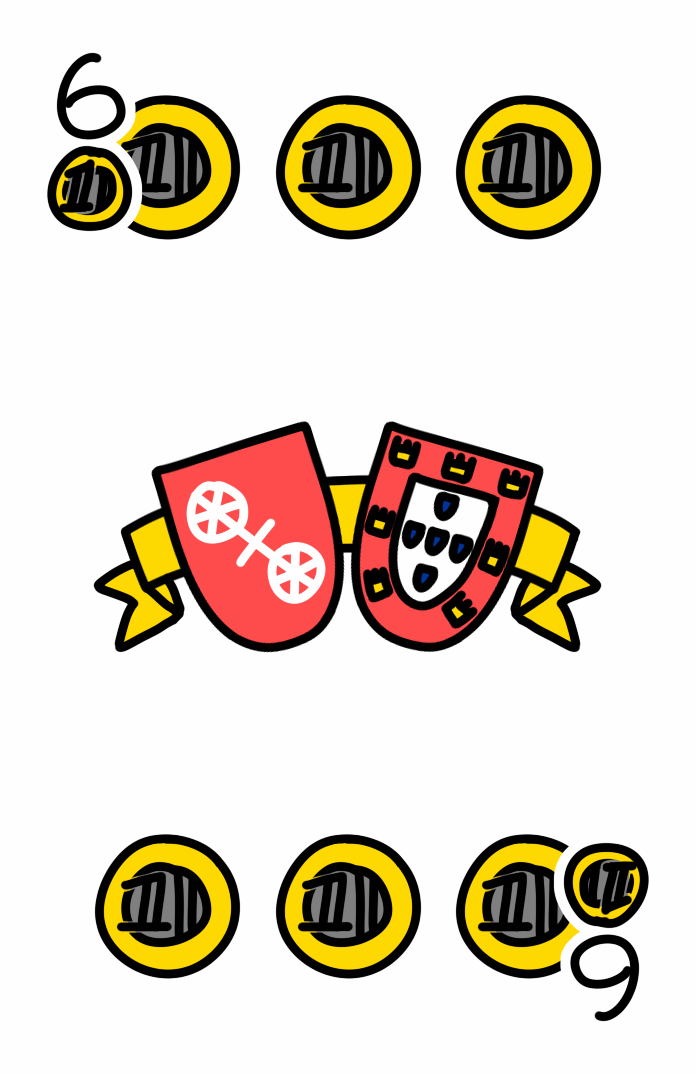



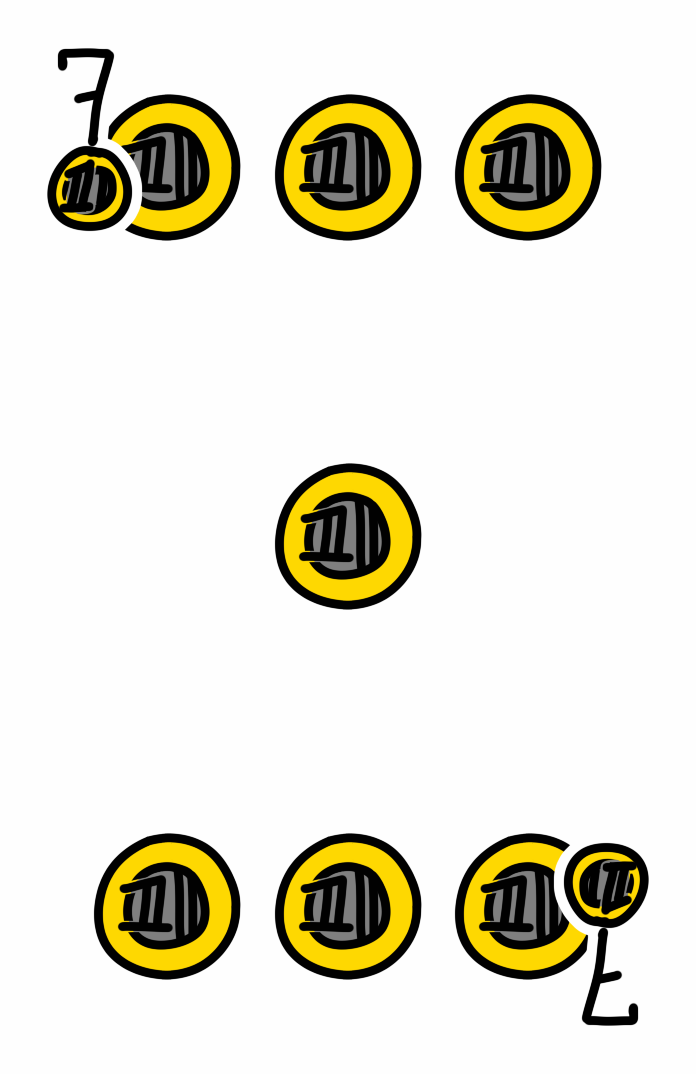

Copas (pronounced COP-uh-sh) is a Portuguese card game that I learnt from my dad, and which we still like to play at home. Since it's one of those games which every village and household has its own house rules for (and is often confused or even conflated with the extremely similar game of Hearts), it stands to reason that I would try and codify the rules as I know them somewhere, especially since I started playing the game with my friends.
The game is played with a deck of 40 cards in total. The deck that we use for it nowadays is an homage to traditional Portuguese playing cards (only authentic with dragons on the Aces) that I designed myself and which looks like this, sorted from lowest to highest card:
| Two Dois |
Three Três |
Four Quatro |
Five Cinco |
Six Seis |
Queen Dama |
Jack Valete |
King Rei |
Seven Manilha |
Ace Ás |
|
|---|---|---|---|---|---|---|---|---|---|---|
| Clubs Paus (= ♣) |
 |
 |
 |
 |
 |
 |
 |
 |
 |
 |
| Swords Espadas (= ♠) |
 |
 |
 |
 |
 |
 |
 |
 |
 |
 |
| Cups Copas (= |
 |
 |
 |
 |
 |
 |
 |
 |
 |
 |
| Coins Ouros (= |
 |
 |
 |
 |
 |
 |
 |
 |
 |
 |
In truth though, you can just as well use any normal Bridge or Poker deck and leave out the eights, nines and tens (which is what the overwhelming majority of Portuguese people and Brazilians do, as well) or use a Spanish deck. They may not look as nice as Portuguese cards, but they're much easier to come by.
The object of the game is to avoid Cup or Heart cards, the eponymous Copas. Whoever has 51 or more Copas in total at the end of a round loses the game.
Copas is traditionally played with four players. With three players, the Two of Clubs is removed from the deck so that the number of cards stays divisible by three. Playing with five players is theoretically possible too, though I've yet to witness that myself.
The player to the right of the dealer shuffles the cards, the player to the left cuts the cards, and the dealer deals (makes sense). The cards are dealt anticlockwise, so that every player has the same number of cards, i.e. 13 with three players, 10 with four players and 8 with five players. At the end of a round, the player to the right of the dealer becomes the new dealer and the whole thing starts anew.
Whoever shuffled the cards is the first player to play a card. After that, play continues anticlockwise. Each player must play a card of the same suit as the one that was played first if they have one ("follow suit"). If they don't have one, they can play any card ("discard"). The player who played the highest card of the correct suit takes all the cards of the trick for themselves and plays a new card. This continues until everyone has run out of cards to play.
Note that there are some special circumstances to consider:
Each player counts the Copas cards that they got during the round. Each Copas card is worth one penalty point, and there are 10 penalty points per round.
If one player got all 10 Copas cards, they don't automatically score them. Instead a bonus round is played: if that same player manages to not get any Copas cards during the bonus round, the 10 Copas of the previous round are erased without replacement. If not, they get 10 penalty points plus an additional penalty point per Copas card received, even if they got all 10 Copas cards again: that round is worth 20 penalty points for them.
If a player wins all the cards, every other player automatically gets 10 penalty points.
If a player has 51 or more penalty points at the end of a round, they "pop" and lose the game. Conversely, the player with the least amount of penalty points is the winner. If more than one player pops at the same time, the one with the most penalty points is the loser.
The variants listed below stem from the fact that I didn't quite know the rules anymore when I was teaching it to my friends (whoops!). My dad doesn't seem to mind that all that much, though. Those are: